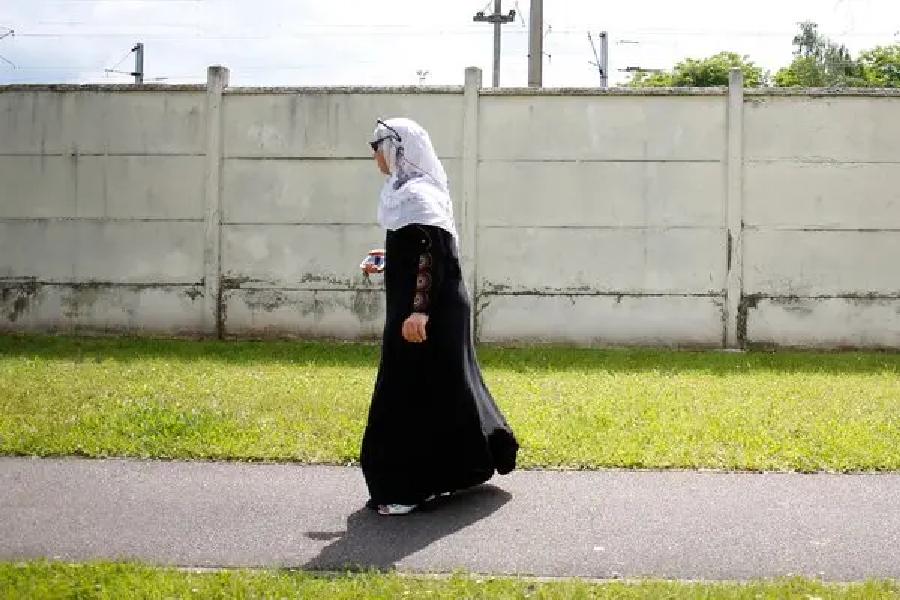France will ban children in public schools from wearing the abaya, a loose-fitting, full-length robe worn by some Muslim women, the government said this week. It said the measure was necessary to stem a growing number of disputes in its secular school system.
But critics called the ban a discriminatory policing of teenagers’ clothing, fuelling yet another debate in France over the way Muslim women dress, which has become a recurring flashpoint in the country’s relations with its Muslim minority.
Since 2004, middle and high school students in France have been barred from wearing “ostentatious” symbols that have a clear religious meaning, such as a Catholic cross, a Jewish skullcap or a Muslim headscarf. French people broadly agree with those rules.
The abaya, however — a long dress that covers the legs and arms, but not the hands, feet or head — falls into a grey area. While it is popular in the Persian Gulf and in some Arab countries, it does not have a clear religious significance.
In France, it is mostly worn by Muslim women who want to follow the Quran’s teachings on modesty.










